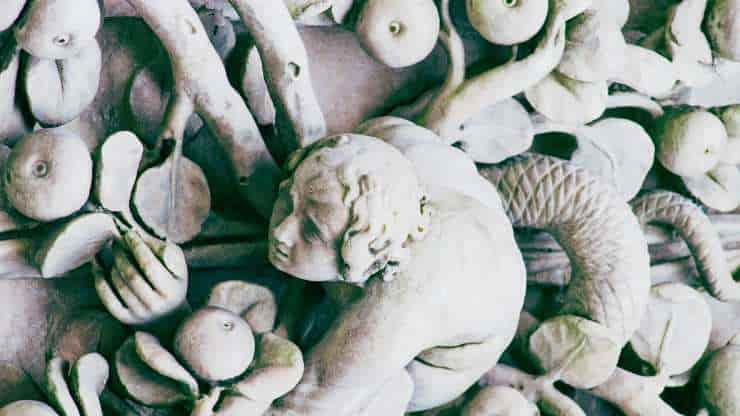Cluster C personality disorders are a group of mental health conditions characterized by pervasive anxiety and fear. These disorders, classified within the Diagnostic and Statistical Manual of Mental Disorders (DSM), include three main types: avoidant, dependent, and obsessive-compulsive personality disorders. Avoidant Personality Disorder: This disorder is marked by social inhibition, feelings of inadequacy, and hypersensitivity to negative evaluation.…
Author: Florian Rosado
What is Normative Social Influence
Normative social influence is a basic concept in social psychology that describes how individuals conform to the expectations of others to be accepted or liked. It is a type of social influence leading to conformity and adherence to social norms – the implicit or explicit rules a group has for the acceptable behaviors, values, and…
Cluster B Personality Disorders – 4 Types
Cluster B personality disorders are a classification within the Diagnostic and Statistical Manual of Mental Disorders (DSM) characterized by dramatic, overly emotional, or unpredictable thinking or behavior. These disorders include: Antisocial Personality Disorder (ASPD): Individuals display a long-term pattern of manipulation, exploitation, or violation of others’ rights. Compelling evidence links ASPD with impulsivity and a…
The Covert Narcissist: Introverted Self-importance
Covert narcissism, often referred to as introverted narcissism or vulnerable narcissism, is a subtype of narcissistic personality disorder characterized by less obvious, internalized grandiosity. Unlike overt narcissism, which is marked by blatant self-importance and a need for admiration, covert narcissists harbor feelings of inadequacy and hypersensitivity to evaluation. Individuals who exhibit covert narcissism typically display traits such…
Classical vs Operant Conditioning: Key Differences
In the field of behavioural psychology, conditioning refers to the learning process through which our behaviours change as a result of experiences. There are two primary types of conditioning: classical conditioning and operant conditioning. Both of these learning processes contribute to our understanding of how we acquire new knowledge and how our environment shapes our…
Traumatic Brain Injury Can Induce Abnormal Tau Protein Deposits
The first evidence has been published that a single traumatic brain injury can generate an abnormal form of the dementia associated protein tau, which can slowly spread through the brain, resulting in memory deficits and neuronal damage. The landmark study comes from the Mario Negri Institute for Pharmacological Research of Milan and the University of…
What Is Novichok? A Neurotoxicologist Explains
Novichok, or “newcomer” in Russian, refers not to a single chemical but rather a group of related molecules designed for only one purpose: to kill. Soviet Scientists applied that nickname to extremely toxic “nerve poisons” developed between the 1970s and 1990s. I am a neurotoxicologist. Since 1980 I have studied how environmental chemicals and toxins…
After Zika Infection, Interferons Drive Fetal Demise
When exposed to Zika virus before birth, mouse fetuses with a specific antiviral protein commit cell suicide, while fetuses without it continued to develop. The finding suggests that the protein, a receptor involved in immune cell signaling, plays a role in spontaneous abortions and other human pregnancy complications. This research could have implications for pregnant…
Bimodal Stimulation May Hold Promise As Chronic Tinnitus Treatment
An experimental device could help suppress tinnitus by targeting rogue nerve activity in the brain, a team from the University of Michigan reports. Based on years of scientific research into the root causes of the condition, the device uses precisely timed sounds and weak electrical pulses that activate touch-sensitive nerves, both aimed at steering damaged…




